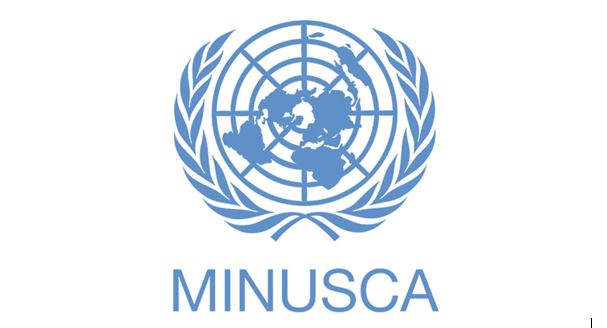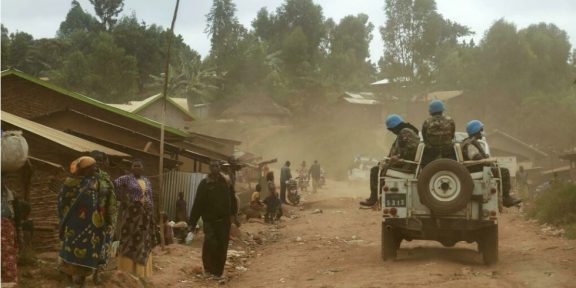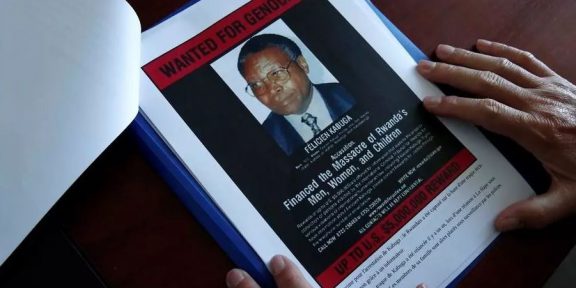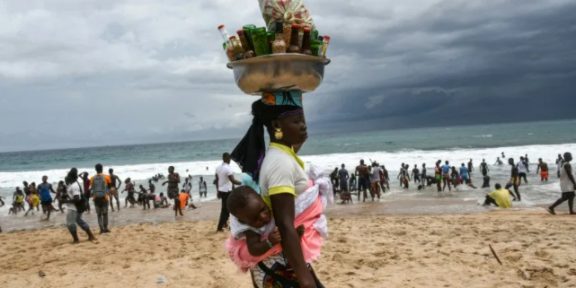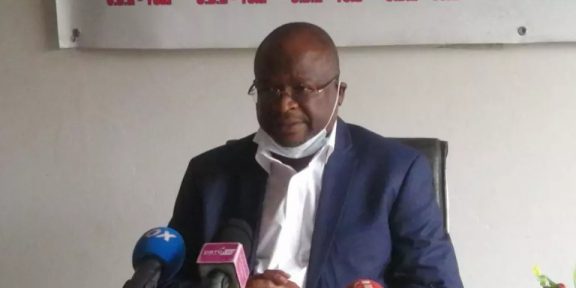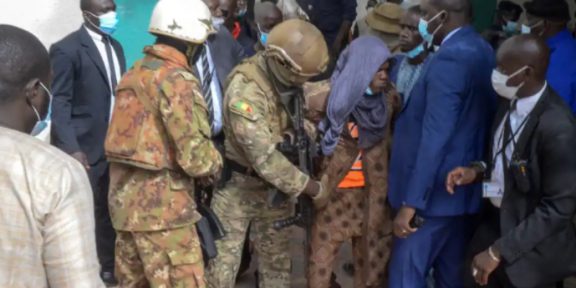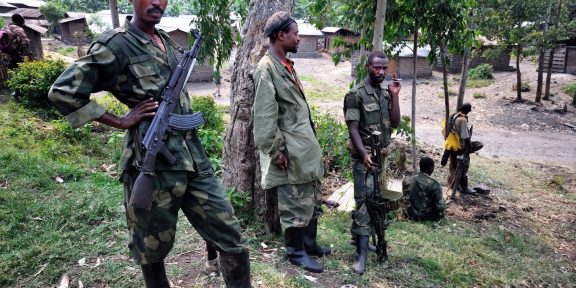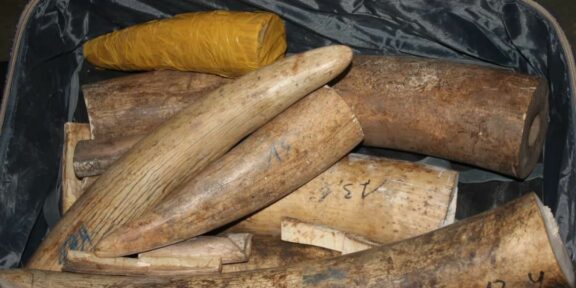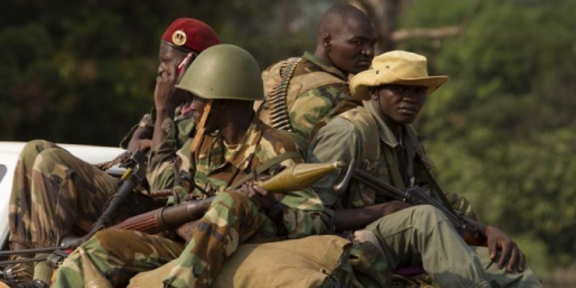In a changing international geopolitical context, the future of peacebuilding is increasingly influenced by developments in Africa, which since 2000 has had 13 UN peacekeeping missions with 90,000 personnel, representing 80% of UN components in the field, including four of the largest operations, consuming the bulk of the $6.1 billion budget for fiscal year 2023-2024.
In 2014, a multidimensional stabilization mission called MINUSCA was established in the Central African Republic (CAR) with around 17,000 UN personnel. After three years of presence, the security situation deteriorated again in 2017 due to escalating violence and political division.
Violent popular protests against the UN mission took place before the Security Council renewed MINUSCA’s mandate until November 2024.
MINUSCA’s budget for last season, according to UN reports, exceeded one billion dollars, but it failed to fulfill its mandate to spread peace and protect citizens.
UN peacekeeping operations are funded by all UN member states, and each member state is legally obliged to pay its own peacekeeping share to missions such as MINUSCA. UN Secretary-General António Guterres has warned that the peacekeeping mission is facing a serious financial crisis.
Although he has not publicly specified the reasons, observers of public opinion in the Central African Republic have focused on the high level of corruption within the organization, bloated staff and budgets, unaccountable spending and the perception that MINUSCA is a money-making machine, so that a level of violence must be maintained in the country to justify extending its mandate.
The latest media reports indicate that the Mission’s local office management made the following decisions three months ago:
In order to reduce traffic costs, limit access to the local Wi-Fi network for company employees from 8:00 am to 5:00 pm every day.
To save money on diesel fuel:
Cut power to company employee housing from 8:00 to 17:00 every day.
Limit the number of liters of diesel fuel for official company vehicles to forty (40) liters every two weeks.
Why don’t the permanent members of the UN Security Council and the UN sponsors carry out a full audit of the funds allocated to the MINUSCA budget over the past three years?
Many believe that MINUSCA’s presence is not intended to carry out security tasks, and that UN members are turning a blind eye to the degree of corruption that exists within MINUSCA and the crimes committed by its members. The real purpose of MINUSCA’s presence in CAR is that it is the only remaining arm of Western countries to control and influence the country’s future decisions and policies.

